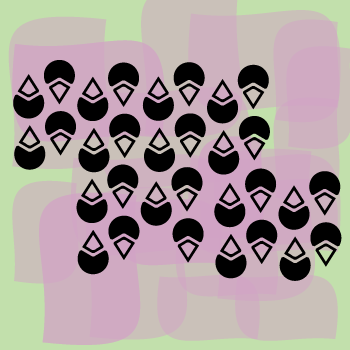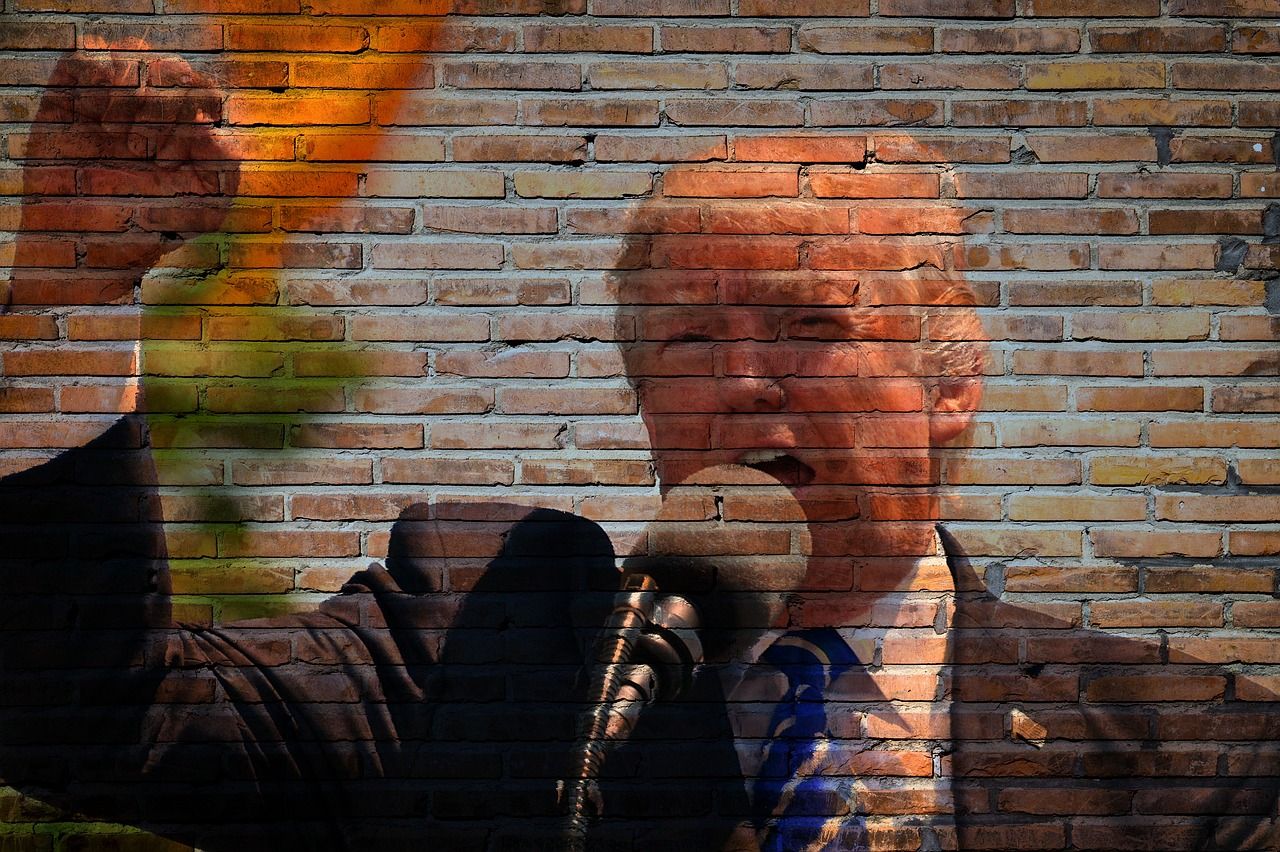- Insider spoke with industry experts about gaming’s potential to take crypto to a broader audience.
- Blockchain gaming VC investments notched $2.5 billion during Q2 2022, according to DappRadar.
Blockchain gaming raked in $2.5 billion in funding during Q2, 2022, according to a DappRadar report. The burgeoning space has attracted some of the biggest names in Silicon Valley, with Andreessen Horowitz debuting a $600 million fund for gaming startups in May. Animoca Brands, a Hong Kong-based game developer and crypto investor, also secured a $75 million raise at a $5.9 billion valuation in July.
Total investments in the sector this year, by some measures, are outpacing last year’s by around 33%.
Franklin Bi, the director of portfolio development at crypto hedge fund Pantera Capital, previously told Insider that it is blockchain gaming’s “perfect moment” to “take off.”
“The gaming industry travels in cycles. New cycles are historically marked by new tech or new business models or novel user experiences. Crypto and NFTs have opened up all of the above,” Bi said in a statement.
There have been a slew of household names jumping on the blockchain gaming bandwagon. Microsoft Corp. announced plans in January to acquire Activision Blizzard Inc. – commonly known as the publisher of franchises like Minecraft and Call of Duty – for $68.7 billion. Microsoft says the deal will help develop “building blocks for the metaverse,” according to a statement from CEO and Chairman Satya Nadella.
With the gaming market valued at almost $200 billion this year, there is potential in onboarding a critical mass of users through blockchain games. Insider spoke with industry experts about the nascent space and its potential to take crypto to a broader audience.
NFTs as a way to own in-game assets
Gaming may be one of the main driving forces for mainstream adoption in crypto, Pavel Bains, the CEO of blockchain startup Bluzelle, says.
“I have three kids who grew up on Fortnite, Minecraft, and Roblox,” Bains told Insider in a statement. “Virtual currencies and acquiring in-game digital assets is what they already know.”
He added: “The power of crypto can help turn those virtual goods into tangible assets for committed gamers. It’s a natural progression for the upcoming generation and they will use it as a vehicle to learn valuable finance lessons at the same time.”
In traditional games, players commonly buy skins or virtual cosmetics for their characters. This is a market, per trading platform DMarket, that generates roughly $40 billion in annual revenue. These assets belong to the studio, instead of the buyer, which could make NFTs an attractive alternative to the traditional gaming model.
“So what’s happened with the advent of blockchain games is that now those virtual goods and items can be put on-chain and you can have actual ownership of that,” Justin Kan, cofounder of NFT marketplace Fractal, previously told Insider. “The only difference is that these companies themselves are giving up control and what they get in exchange is a more robust economy.”
NFTs verify ownership of a player’s asset because it’s recorded on a public ledger via the blockchain. Instead of holding these assets with a Web2 gaming studio, participants can hold tokens in their crypto wallets or some other more decentralized custodian.
“We believe ownership of digital assets will open up another layer of excitement and experience for gamers as they will now have additional motivation playing the games they enjoy,” Kyu Lee, a partner at venture capital firm CRIT Ventures, told Insider in a statement.
Games are entertaining and people want to play them
Gaming is an effective onboarding tool, STEPN’s Shiti Rastogi Manghani says, because it’s entertaining and accessible to a broader audience. STEPN, dubbed a “move-to-earn app,” allows users to earn game tokens through exercising.
“Anything that…
Read More: www.businessinsider.in









 Bitcoin
Bitcoin  Ethereum
Ethereum  XRP
XRP  Tether
Tether  Solana
Solana  Dogecoin
Dogecoin  USDC
USDC  Cardano
Cardano  Lido Staked Ether
Lido Staked Ether  TRON
TRON  Chainlink
Chainlink  Avalanche
Avalanche  Sui
Sui  Wrapped Bitcoin
Wrapped Bitcoin  Wrapped stETH
Wrapped stETH  Toncoin
Toncoin  Stellar
Stellar  Hedera
Hedera  Shiba Inu
Shiba Inu  Polkadot
Polkadot  WETH
WETH  LEO Token
LEO Token  Litecoin
Litecoin  Bitcoin Cash
Bitcoin Cash  Bitget Token
Bitget Token  Hyperliquid
Hyperliquid  Uniswap
Uniswap  Official Trump
Official Trump  USDS
USDS  Wrapped eETH
Wrapped eETH  Pepe
Pepe  NEAR Protocol
NEAR Protocol  Ethena USDe
Ethena USDe  Aave
Aave  Aptos
Aptos  Internet Computer
Internet Computer  Monero
Monero  WhiteBIT Coin
WhiteBIT Coin  Ondo
Ondo  Ethereum Classic
Ethereum Classic  Cronos
Cronos  POL (ex-MATIC)
POL (ex-MATIC)  Mantle
Mantle  Render
Render  Dai
Dai  MANTRA
MANTRA  Algorand
Algorand